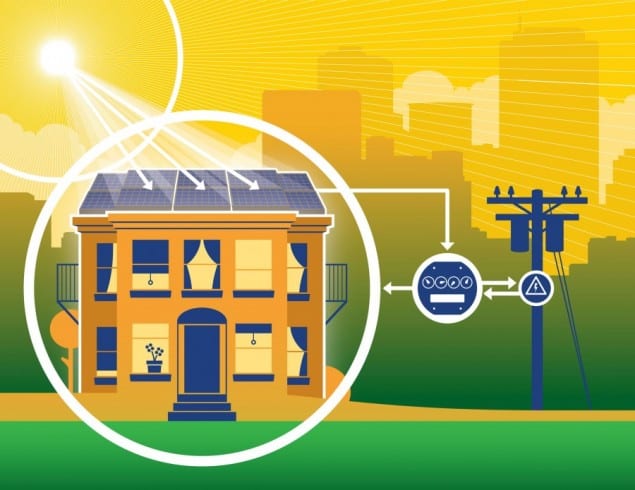 Let’s face it, South Florida is a great place to live. They don’t call it the Sunshine State for nothing, and more than a million people visited Florida last year in large part due to the lure of the sun.
Let’s face it, South Florida is a great place to live. They don’t call it the Sunshine State for nothing, and more than a million people visited Florida last year in large part due to the lure of the sun.
More and more, countries around the world and states around this great nation are harnessing the power of the sun for energy. The U.S. ranks behind Germany, China, Japan and Italy but is getting into the game.
Solar power capacity in the U.S. has increased 20-fold since 2008 and the U.S. Energy Information Administration (EIA) says solar energy is set to grow by more than 30 percent during the next year.
In The Solar Energy Industries’ Association’s (SEIA) most recent Solar Means Business study, the adoption of solar by U.S. businesses grew by 183 percent with companies like Walmart, Kohl’s, Costco, Apple and Ikea leading the way.
This growth is largely due to the rapidly declining cost of solar. In 20 states, solar is at grid parity with traditional power sources. Oxford University’s recent study found annual price declines of 10 percent will continue into the next decade. They estimate solar will supply 20 percent of global energy needs by 2027.
This is really good news because solar is creating jobs. According to SEIA, solar jobs added workers at a rate nearly 20 times faster than the overall economy.
I’m happy to report the Florida Legislature just opened the door to an incremental step forward when a bill by State Sen. Jeff Brandes, (R) St. Petersburg, and State Reps. Ray Rodrigues, (R) Fort Myers, and Lori Berman, (D) Boynton Beach, passed unanimously in both chambers. Miami-Dade’s own State Rep. Jose Felix Diaz gets some credit as well as Chair of the Regulatory Affairs Committee.
The state legislature put a measure on the Aug. 30 First Primary ballot to a tax abatement (reduction) on solar. This is important because it will lower the cost of energy, making it more affordable for families and businesses to access solar power.
Florida’s energy policies generally have been unfriendly to solar, favoring traditional centralized power plants rather than solar at utility scale or on your rooftop but now you will have a chance to vote to lower energy costs and reduce taxes on solar equipment. Make sure you are plugged in. Traditionally, primary elections see a lower voter turnout so keep an eye out for this important vote.
We can put more people to work and keep our precious energy dollars working locally in our communities while we protect our natural resources and environment. With solar, we save water. With solar, we reduce the harmful emissions that add to problems like sea level rise. Communities like Miami Beach are investing as much as $400 million on pumps to contend with increasing sea levels. And with solar, we lock in prices for power.
It’s the ultimate win, win. Let’s take advantage of the God-given resource that makes where we live the envy of so many and use it to power our lives. Vote forSolar on Aug. 30.






